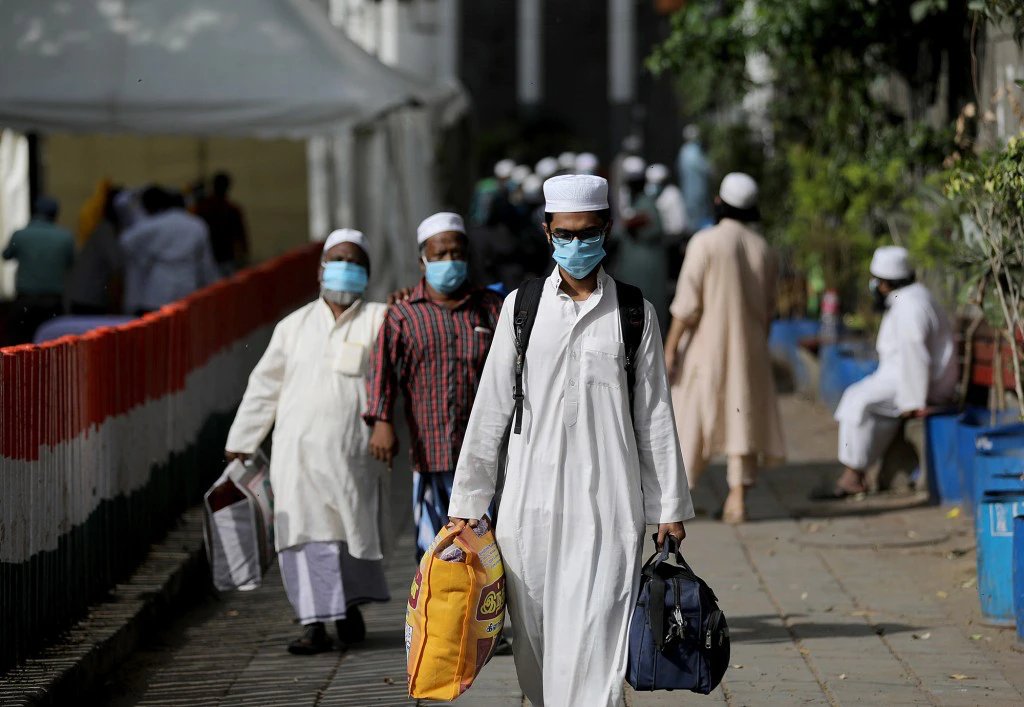- Home
- News & Blogs
- About Us
- What We Do
- Our Communities
- Info Centre
- Press
- Contact
- Archive 2019
- 2015 Elections: 11 new BME MP’s make history
- 70th Anniversary of the Partition of India
- Black Church Manifesto Questionnaire
- Brett Bailey: Exhibit B
- Briefing Paper: Ethnic Minorities in Politics and Public Life
- Civil Rights Leader Ratna Lachman dies
- ELLE Magazine: Young, Gifted, and Black
- External Jobs
- FeaturedVideo
- FeaturedVideo
- FeaturedVideo
- Gary Younge Book Sale
- George Osborne's budget increases racial disadvantage
- Goldsmiths Students' Union External Trustee
- International Commissioners condemn the appalling murder of Tyre Nichols
- Iqbal Wahhab OBE empowers Togo prisoners
- Job Vacancy: Head of Campaigns and Communications
- Media and Public Relations Officer for Jean Lambert MEP (full-time)
- Number 10 statement - race disparity unit
- Pathway to Success 2022
- Please donate £10 or more
- Rashan Charles had no Illegal Drugs
- Serena Williams: Black women should demand equal pay
- Thank you for your donation
- The Colour of Power 2021
- The Power of Poetry
- The UK election voter registration countdown begins now
- Volunteering roles at Community Alliance Lewisham (CAL)
The toxic nature of prejudice
The Covid-19 pandemic has unleashed an outpouring of public solidarity, whether it is the thousands of mutual aid groups set up around the country, or the countless undocumented acts of kindness and compassion that we all continue to hear about.
In these challenging times, finding excuses to bring people virtually together has been more important than ever, which is why the Naz Legacy Foundation organised a series of virtual iftars (breaking fast), reaching over 75,000 people from across all our communities over the thirty days of Ramadan.
These events saw a ground breaking coming together of people from all faiths and none, with talks from the Archbishop of Canterbury, the Chief Rabbi, and politicians from across the political spectrum, bringing together a range of senior people which would not have happened in normal times. But just focusing on these moments of solidarity hides a much darker issue which still festers in our society.
Despite all of the goodwill generated by these events, they also showed me a darker side of our society. Whilst publicising the events on social media, I was overwhelmed by the sheer number of deeply racist and dehumanising comments being made. The most worrying thing is that the comments were not made by anonymous accounts, and often the posters were followed by other high profile individuals and organisations.
The openness with which this bigotry, towards Muslims in particular, was expressed, demonstrates that Islamophobia still passes the “dinner table test” in parts of our society. I have been publicising events for a long time, but have never quite seen anything like the volume or intensity of these comments. It is clear to me that whilst the Covid-19 pandemic has generated visible displays of solidarity, it has also provided further fuel to deeply toxic ideas.
While we have all been united in recognising the contribution made by BAME and migrant workers to the Covid response, working on the frontlines in the NHS, supermarkets and public transport, let’s not forget that these same workers were being demonised not so long ago and even now again during the current Black Lives Matter movement. When the pandemic is over, will we go back to business as usual? Do BAME and migrant workers have to be visibly dying on the front-lines for us to value the contribution they make to our society?
The period of economic uncertainty which lies ahead of us will be a real test for our society. Which side will win out, will it be the inclusive goodwill exemplified by the applause for the NHS and the virtual iftars, or will it be the bigotry of the hate comments and hostility to BAME and migrant workers?
I am hopeful that it will be the former, but it will require real hard work to ensure that we continue to find ways of bringing communities together to celebrate the shared values which represent the best of Britain.

Harris Bokhari
